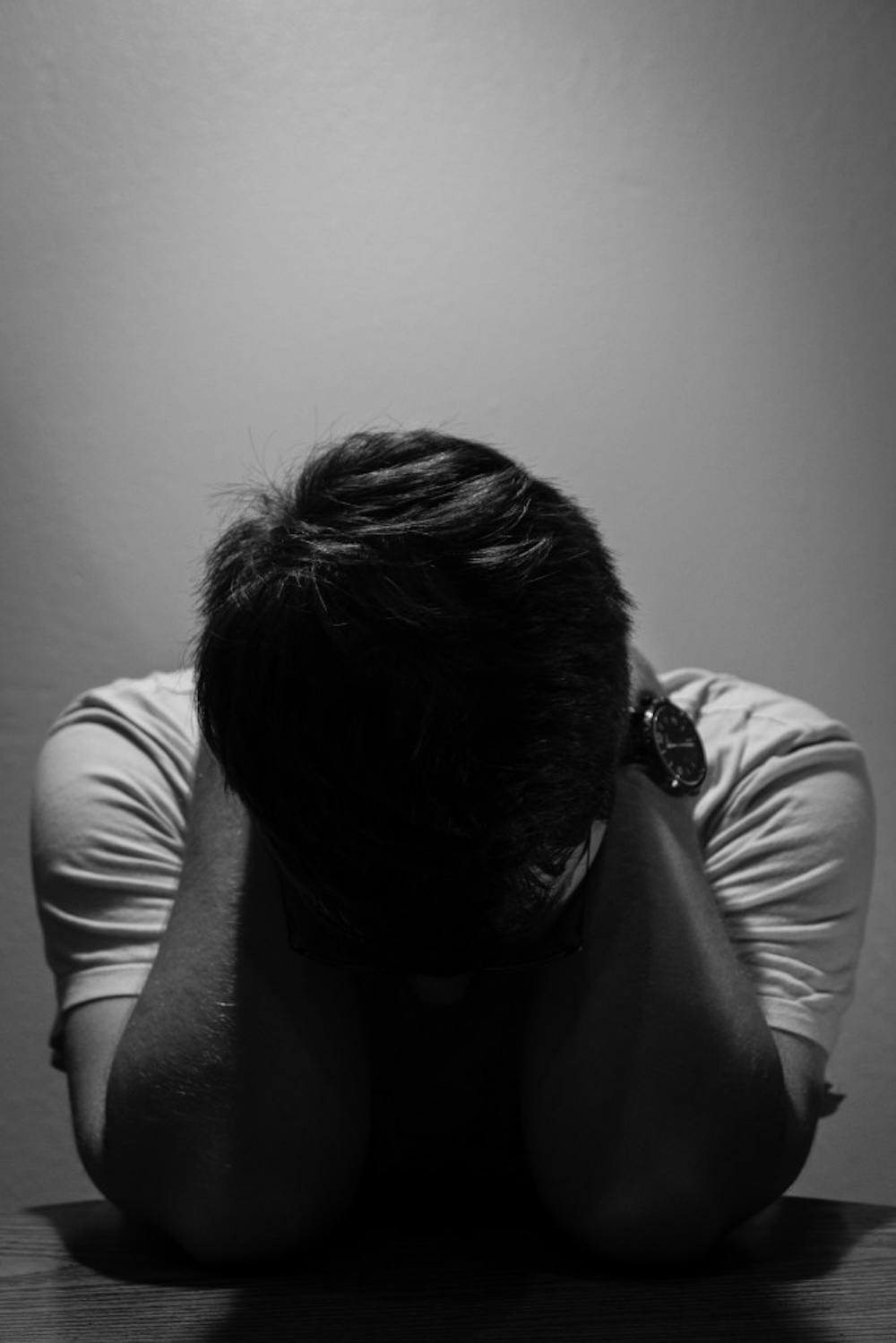EDITORIAL: CMU is improving mental health services; keep the effort going
College students are increasingly struggling with mental health challenges.
It's no secret. And Central Michigan University is not immune from this national trend.
An American College Health Association survey found that in Spring 2017, 61 percent of students “felt overwhelming anxiety” in the past year. About 40 percent described themselves as so depressed it was difficult for them to function.
According to a 2015 report from the Center for Collegiate Mental Health at Penn State University, the number of students visiting their counseling centers increased by 30 percent between 2009 and 2015.
Closer to home, it's a known fact that CMU's counseling center is often overbooked. It's waiting list has numbed 100 people or more. We stated repeatedly on this page that the lack of mental health resources here is unacceptable. Students, faculty and counseling center staff have voiced similar concerns.
University administrators have listened. Now they are beginning to respond.
In January, during the academic organization, the Academic Organizational Review Committee II posted their recommendations for the counseling center, acknowledging the problem: "(The Counseling Center) is a serious challenge and one that the university must address as a high priority. The members of committee II are aware and already engaged with this issue and feel they can work across CMU to develop a solution to the challenges identified by students and others."
In June, board of trustees introduced a new mandatory $225 student service fee. Trustees ensured the CMU community that improving the counseling center with the money from the fee would be one of their highest priorities.
Over the summer, the center hired two new counselors and an office professional, which will hopefully help to cut down the waiting list. Being understaffed was one of the biggest complaints about the center, so hiring new employees is a great step towards seeing and helping more students quickly.
This year, the counseling center has placed a strong emphasis on preventative care. These are programs designed to help students deal with the stress and anxiety that comes with attending college. It's a great way for students to learn ways to cope with problems that arise early in the year. Among these new services are art and music sessions, support groups and workshops to help students learn how cope with stress and practice self-care. Workshops also cover a variety of strategies from journaling to playing instruments and are offered in four-week sessions. Students also have the opportunity to join a variety of support groups specialized to help students struggling with certain issues.
Additionally, the center is introducing "Walk-in Wednesdays," which is essentially office hours for students to get the help or assessment for further help they need in short 20-minute sessions.
We applaud the university for the significant improvements made to our Counseling Center. Much thought was put into these improvements. Not only were staff added, but a wide variety of programs and services have begun to be implemented. The programs seem to be flexible enough to help a wide variety of students, and its clear that there is now an emphasis on preventing our students from struggling with their mental health.
However, improving on-campus services shouldn't end there.
The mental health of our student body is, and will continue to be, a serious, complex issue; it requires resources we must continuously work to improve upon. Two new counselors is a great step in the right direction, but we won't know until later in the semester when workloads and stress start piling on if two new people will be enough to keep the waitlist short.
And while the new workshop sessions sound like a good, preventative solutions, each class seems to only be scheduled for a few weeks out of the semester. After that time, what should students do to learn how to prevent stress and anxiety? And will new times and solutions be offered for students who are unable to attend any of the sessions due to their class schedules?
At the end of the semester, after these improvements have been around for a little bit, the university needs to revisit the issue. They will need to figure out what further mental health services students need, and ensure they get them right away.
Helping our mental health, and our Counseling Center, must continue to be a priority of our university.




